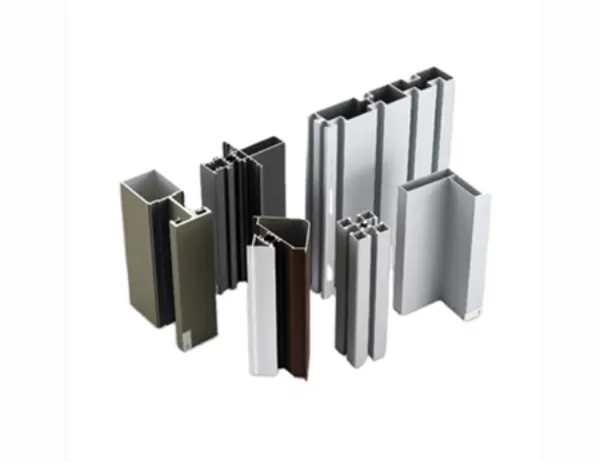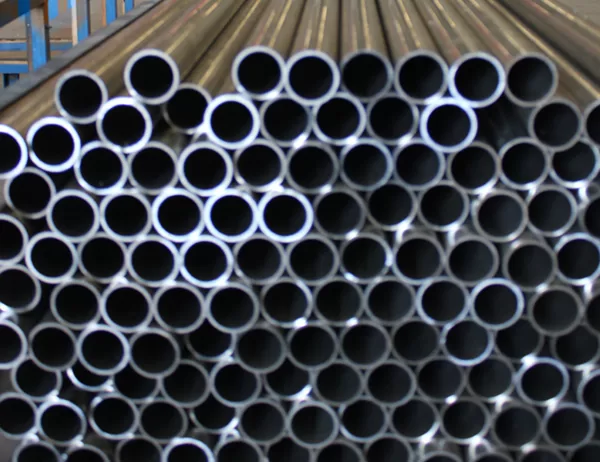In the realm of industrial sourcing, aluminum tubes play a crucial role in a wide array of applications, from aerospace to construction. However, navigating the complexities of the aluminum tube supply chain can be a veritable minefield, fraught with potential pitfalls.
Defective Products: A Shadow Over Quality
One of the most common issues that plague aluminum tube suppliers is the scourge of defective products. These imperfections can range from minor cosmetic flaws to more severe structural defects that compromise the integrity of the tubes. Unresolved, these defects can lead to costly delays, project failures, and even safety hazards.
Inconsistent Delivery: The Bane of Time-Sensitive Projects
Time is of the essence in industrial projects, and unreliable delivery can wreak havoc on schedules. Delayed shipments can disrupt production, increase costs, and erode customer trust. Aluminum tube suppliers who fail to meet agreed-upon delivery deadlines pose a significant risk to project success.
Poor Communication: A Barrier to Collaboration
Effective communication is the lifeblood of any successful business relationship. However, poor communication from aluminum tube suppliers can create misunderstandings, delays, and frustration. Inadequate responsiveness, lack of transparency, and ineffective feedback mechanisms can hinder collaboration and lead to project setbacks.
Overinflated Pricing: Draining Your Budget
In an industry where cost control is paramount, the spectre of overinflated pricing can cast a dark shadow. Some aluminum tube suppliers may engage in unethical practices such as price gouging or hidden fees. Unwary buyers who fail to diligently scrutinize supplier pricing can find themselves paying a premium for subpar products.
Navigating the Pitfalls: A Path to Success
To address these common issues and safeguard your aluminum tube supply chain, consider the following strategies:
Establish Clear Specifications: Define your tube requirements meticulously, leaving no room for ambiguity. This will help minimize the risk of receiving defective products.
Thoroughly Vet Suppliers: Conduct due diligence by researching potential suppliers, checking references, and evaluating their track record. Prioritize suppliers with a proven history of quality, reliability, and customer satisfaction.
Foster Open Communication: Establish a clear communication protocol with your supplier. Encourage regular updates, prompt responses, and transparent information sharing to avoid misunderstandings and delays.
Negotiate Favorable Pricing: Be mindful of pricing and seek competitive quotes from multiple suppliers. Negotiate fair and reasonable terms that protect your budget while ensuring value for your money.
Monitor Performance: Regularly evaluate your supplier’s performance against agreed-upon metrics. Hold them accountable for quality, delivery, and communication. This will incentivize them to maintain high standards and address any shortcomings.
By implementing these strategies, you can mitigate the risks associated with aluminum tube suppliers and ensure a seamless supply chain that empowers your projects with quality, reliability, and cost-effectiveness.




